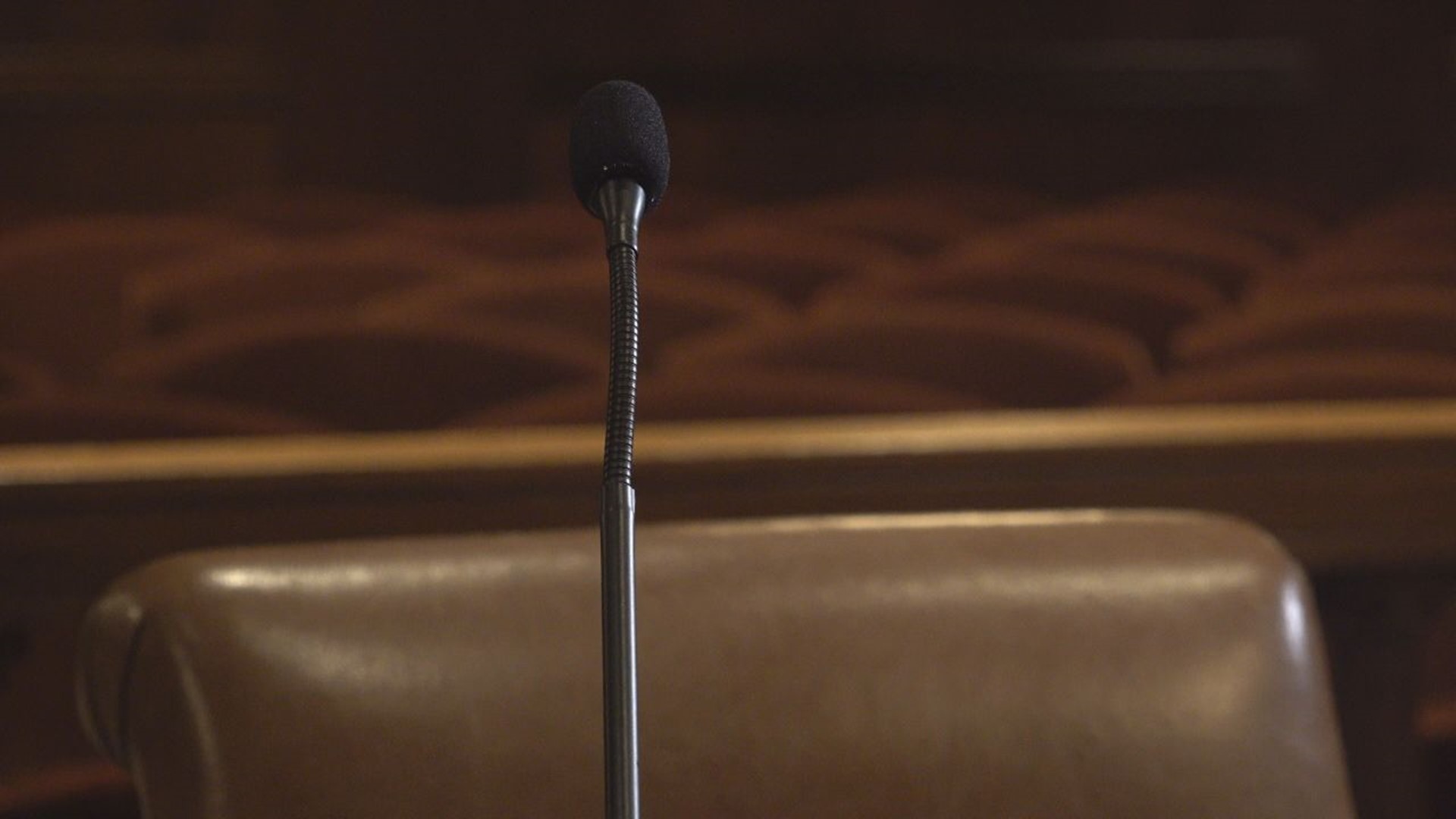HARRISBURG, Pa. — First come the groans, then comes the grind.
State budget season in Pennsylvania, also known as the time period between the governor's annual address on the second Tuesday of February and when the next fiscal year begins July 1, has started the same way it has the last seven years, with Governor Tom Wolf asking the state legislature for money and the Republican-controlled majority saying the Democratic governor is asking for too much.
"We can do truly important things to help the people we were sent here to serve," Wolf recently said during his state budget address to the General Assembly, a speech which focused on his administration's accomplishments over the last two terms, but also touched on areas he and Republicans were able to find common ground.
However, Wolf's 20-plus minute request to the legislature was met with another hard no by Republicans.
"Harrisburg has become Fantasy Island," said Senate President Pro Tempore Jake Corman (R-Centre, Mifflin), referring to the 1970's television show. "This budget proposal looks nice, and it feels nice, but it's not based in reality."
There is typically one week of partisan backlash before the work actually starts. Beginning Tuesday, and going for the next six weeks, senators and state representatives in their chamber's respective Appropriations Committees will meet 21 times each, listening to pitches from department leaders across nearly three dozen state programs as to why they deserve the funds proposed by Governor Wolf.
Democrats are largely already on board with Wolf's proposals, so budget hearings are mostly Republicans' chance to question those department heads.
Once hearings wrap up, state legislative Republicans will pitch their own state budget, which typically occurs in late February or early March. That's when negotiations start between Wolf, the four Democratic and Republican caucus leaders, and Appropriations chairmen. The goal is to get a budget signed by the governor by June 30, allocating funds for the upcoming fiscal year which begins at midnight on July 1.
If a state budget is like a governor's wish list, this year, Wolf is asking for three main items: a $1.55 billion increase in basic education funding, a $15 an hour minimum wage, and the ability to lower the corporate net income tax rate to 4.99 percent after 2027 to make Pennsylvania more appealing to outside business.
"I may not get everything I want in this budget and that's OK too," Wolf said. "There's nothing we can't do if we stick together and don't get discouraged."
There also this hanging over the General Assembly as budget hearings get underway: 2022 is an election year, and Republicans will be hard-pressed to give Wolf and Democrats many, if any wins, this year.

